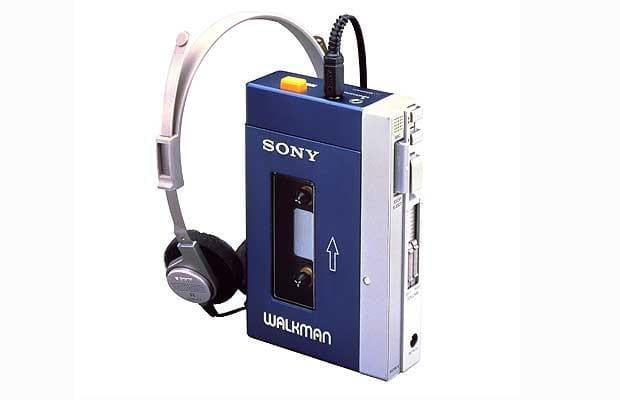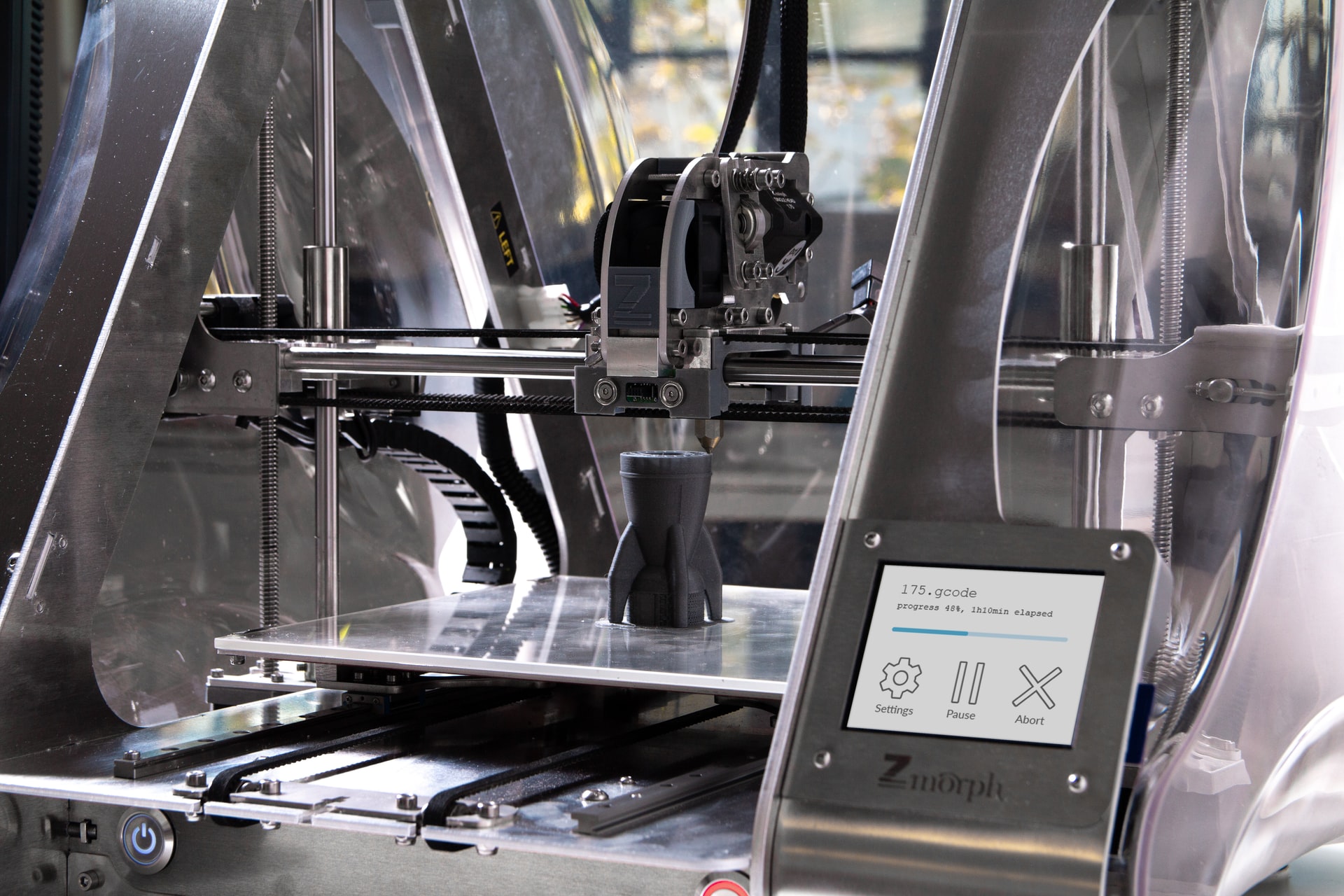
If you have the patience to go through all the mobile phones that have been released in the past decade, there are some truly bizarre ones. Nokia N-Gage was the most famous phone, followed by the LG Wing. These phones weren't as well-known as the Nothing Phone 1 but they were nonetheless very interesting.
The Nokia N-Gage was a unique phone that looked like a video game console. It featured a small screen sandwiched between the keyboard's two halves. The battery could be removed. It weighed 40 grams and was the lightest phone in history.
Nokia 6110 was one of the most bizarre phones ever invented. It was the world's smallest mobile phone, at just 40 grams. The buttons were raised to be a button and a button, and the battery is designed to last about a month on one charge. It also had a slot for memory cards that wasn't meant to hold any games. It also had a full physical QWERTY keyboard.

A company called Golden made the C91 GoldenBuddha phone. It was made from gold and featured a 2-inch screen. It also had a 1.3-megapixel sensor. It was a luxurious phone that cost $350. It did not have Verizon as a carrier. It also had dual sim support. Although the phone was an excellent phone when it first appeared, it soon lost its appeal.
The Xelibri 6 phone was a rather bizarre device, especially given the time. It was designed as a dual-purpose communication device and fashion accessory. It resembled the eReader seen in "It Follows". It also had two mirrors. It also had a touchscreen that could be tilted to different angles. It also featured an octacore chip, which is now commonplace in today's smartphones. It had a removable battery, and a memory card.
Another strange phone is the Serene, which was created in collaboration with Samsung. It is a dual SIM phone that has a dual screen and a 1.3-megapixel camera. It is also made up of several parts, and requires a screw driver to access the battery. It's shaped like an ancient dial and has a buddistic-inspired music box. It has an FM radio and a video player. This phone is quite odd, but it did receive some press.
Motorola Qwerty is also a strange phone. It's a great example for how bizarre phones can be. It was a business phone with two qwerty keyboards. It also had no Bluetooth or direct POP3 account support. It did have a navigation function, but it was difficult to master.

Although the C91 Golden-Buddha phone was new, dual sim support was available. It was also a deluxe phone with a golden body and a 2-inch monitor. It was only sold through Verizon, at a cost of $350. It also had a bad camera.
FAQ
Why I shouldn’t believe the hype surrounding sales in online shops and stores?
Some sites will exaggerate the cost of an item's initial price to make it seem like you are getting more. This is why it's important to do your research and verify the prices that are being offered. Just put the item you're interested in into your cart, so you don't lose it, and then do a quick Google search for the designer's name and the type of product you are shopping for. The amazing deal that you thought you were getting may not be so great after all. You may even find that same item for less.
How can I do smart shopping online?
Smart shopping online allows you to save money and not compromise on quality. Here are some suggestions:
Shop around first. Compare prices to determine which store has the best deal.
Consider using Ebates, which is a cash-back app. They function in the same manner as cashback programs offered at physical shops. Based on how much you spend, points are earned when you shop using their app. These points can be used to redeem for gift cards and discounts.
Third, look out for promotional codes. You can search for them at RetailMeNot.com. Enter the code at checkout to get your savings. All savings will be applied automatically.
Last but not least, be sure to check out the clearance sections. Often times, you can find amazing deals on high end brands at discounted prices.
Do I really need my credit card number to shop online?
It is not necessary to register your credit card. Registering your credit card is optional if you want to be eligible for special offers or discounts. It is recommended that you verify your identity at your bank to ensure your safety.
Statistics
- An approximately 90% increase in price affords Hotel X the opportunity of extreme profits under severe circumstances. (dos.ny.gov)
- A report from the U.S. Census Bureau found that in the first quarter of 2022, an estimated $250 billion was spent on retail e-commerce sales.1 (thebalance.com)
- The tax is automatically added once you click the checkout button, so factor in an additional 20% when looking at the product page. (makeuseof.com)
- Last Black Friday, I bought a stove from Lowes at 40% off, receiving 24 months of interest-free financing (from Lowe's). (meetfabric.com)
External Links
How To
How to shop online safely
Online shopping can be one of the most convenient and cost-effective ways to purchase goods or services. However, online shopping comes at a high cost. Online shopping has many advantages, but there are also risks. Identity theft is the biggest threat. Identity thieves use your personal data (name, address, credit card number) to steal money from you or take out fraudulent loans against your name. Your stolen information is then sold on the black marketplace. These are some tips that will help you stay safe when doing business online.
-
Secure websites. SSL encryption is offered free of charge by many online stores to protect customers’ information. This means any information entered into their site, such as names, addresses, phone numbers, credit card details, etc., is encrypted so only you can see it. It blocks anyone from seeing the information you enter. When you are choosing an online store to do business, make sure they have a valid certificate from a recognized CA. Look for the green padlock icon next to the URL bar when browsing.
-
Don't give away your password. You will be asked to confirm your email address, username, and password when you sign up for a brand new account. Make sure you don't share these credentials with any third party. Don't keep them in your wallet. They could also be used to access your accounts if you lose your wallet. Instead, save them securely on your computer. It is also recommended that you change your passwords at least once every three months.
-
Keep track of your orders. If you're sending items to yourself or others, make sure you keep track of where you send those packages. Many people fall for the trap of thinking they have sent something to them, but in reality it was sent from another place. Before paying for shipping, make sure you verify the tracking number. You should never ship anything without proof of delivery. If you're unhappy with the service received, please contact the company immediately.
-
Know who you're dealing with. Many websites will ask you to provide sensitive information such as your full name, date of birth, Social Insurance Number, and bank routing number. These details are used to identify you. If you're unsure whether a website needs this information, just Google "what does need?" and you'll find plenty of answers.
-
Pop-up windows can be annoying. Many websites will bombard you daily with pop-ups offering special offers, discounts, and other products. Some of these ads may seem legitimate, but others are designed to trick you into revealing private information. For example, a fake anti-virus program could ask for your banking information, credit card numbers, and social security number. To avoid being tricked, don't click any suspicious links.
-
Beware of Phishing Scams Phishing scams are where hackers pretend to be reputable companies in order to trick customers into giving their financial information. Phishers send emails that look like they're from retailers and banks. These emails encourage users to log-in to update their account information. Once your financial information has been given, hackers can take control of your finances. Hackers can even empty out your bank accounts or transfer funds between different accounts. The following resources can help you identify phishing scams.
-
Do your homework. Before signing up for a deal, always read the fine print. The terms and conditions of any contract you agree to must be clear and easy to understand. Read through all the information carefully, and ensure you know exactly what you're agreeing to. Avoiding hidden fees and charges is key to saving money.
-
You can shop around. Don't be afraid to shop around. Compare prices from different websites until you find a good deal. When ordering multiple items, you can also compare shipping costs. Shipping costs vary depending on the website you use. Fast shipping is worth the extra cost.